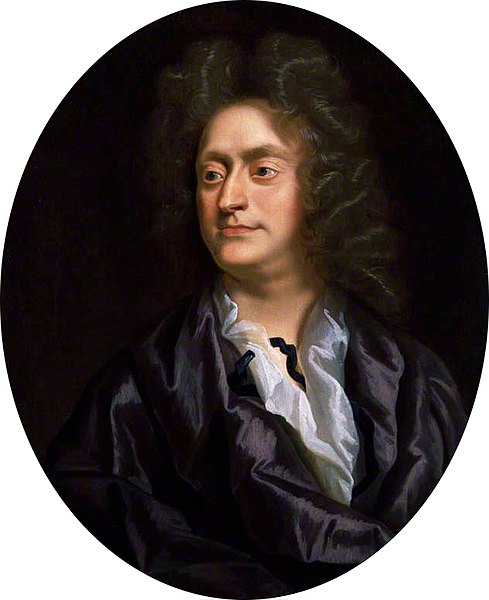Henry Purcell
Music for a while
Shall all your cares beguile.
Wond'ring how your pains were eas'd
And disdaining to be pleas'd
Till Alecto free the dead
From their eternal bands,
Till the snakes drop from her head,
And the whip from out her hands.
Music for a while
Shall all your cares beguile.
About the piece:
"Music for a While" is a da capo aria for voice (usually soprano or tenor), harpsichord and bass viol by the English Baroque composer Henry Purcell. Based on a repeating ground bass pattern, it is the second of four movements from his incidental music (Z 583) to Oedipus, a version of Sophocles' play by John Dryden and Nathaniel Lee, published in 1679. It was composed for a revival of the work in 1692.[1] The aria was published posthumously in Orpheus Britannicus, book 2, 1702. The text is part of a longer musical interlude in act 3, scene 1 of Oedipus.

- Henry Purcell (c. 10 September 1659 – 21 November 1695)


